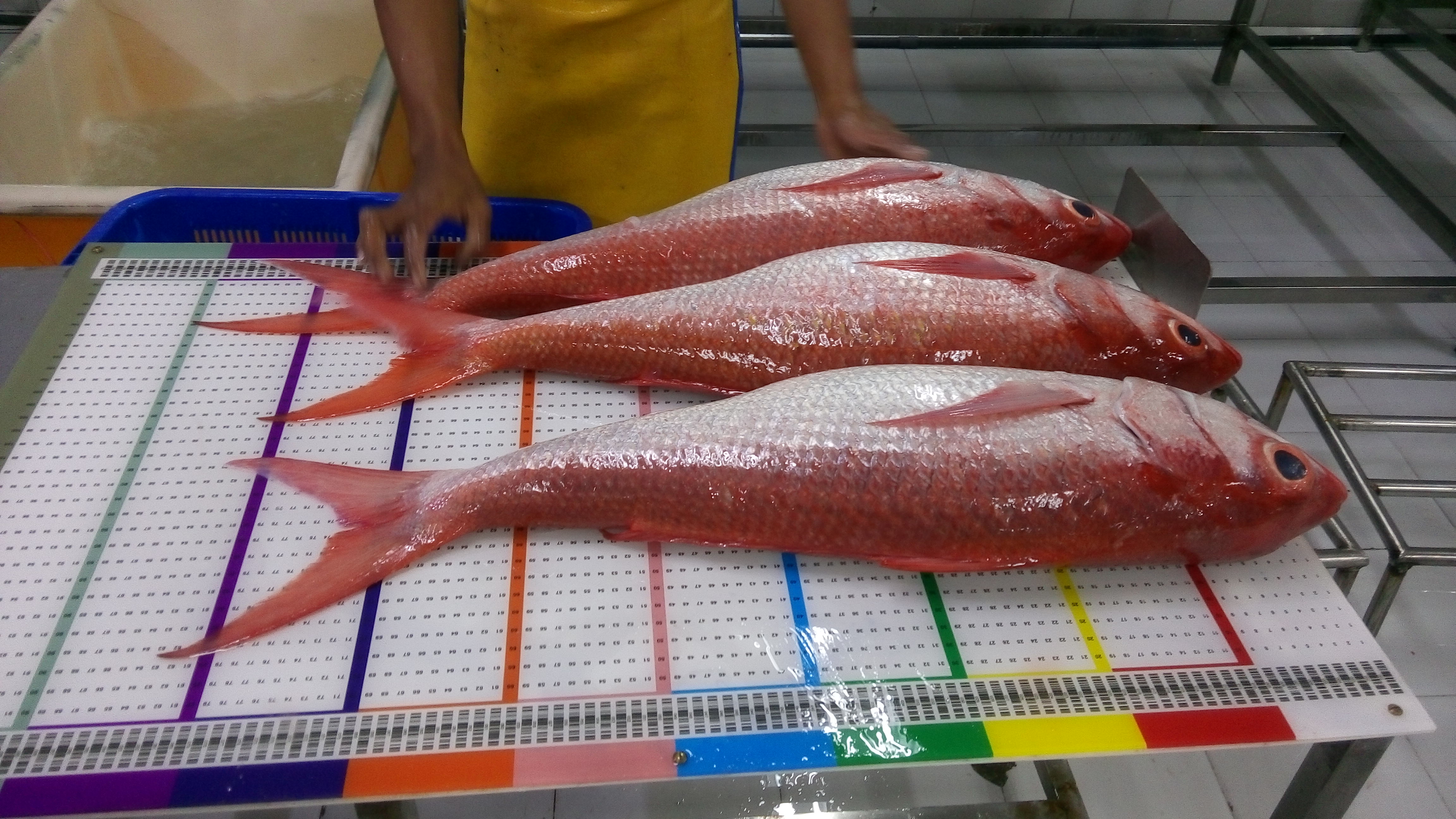Protecting a Globally-Important Ecosystem and Food
Help Sustain FisheriesIndonesia’s fisheries are of global importance. The country’s waters support over 3,000 species of bony fishes and more than 850 sharks, rays, and chimaeras. The fisheries industry employs about 12 million Indonesians.
Unfortunately, there is an indication that the majority of Indonesia’s fisheries are fully-exploited (fished to the largest possible catch, a peak), and illegal fishing regulations are not fully enforced, because of the large marine area.
The Nature Conservancy (TNC) is transforming fishery practices in Indonesia by monitoring fish stocks, tracking fishing vessels, developing species identification technology, promoting rights-based management in small near-shore fisheries and more.

Background
Indonesia has one of the highest levels of marine biodiversity in the world and is the second largest fish producer in the world. And the country is also one of the top-10 fish-dependent nations in the world, with fish consumption reaching 46.49 kg per year per capita (BPS, 2017).
To ensure the sustainability of its marine resources, including fisheries, Indonesia committed to conserving its ocean by establishing 20 million hectares of Marine Protected Areas (MPAs) by 2020 with 19.14 million hectares of MPAs already assigned. While the country is on track to reach the target of areas protected, true success lies with sustainable management and financing the implementation.
The 20th century saw an exponential growth in the number of fishers, and at the beginning of the 21st century, most of the world’s seas and oceans are now being fished, with very few areas remaining pristine. Indonesia, in particular, saw a dramatic increase in the number of capture fisheries in the 20th century, but in the 21st century, it has become clear that for many of Indonesia’s fisheries biological production cannot keep up with growing fishing pressure.
The government of Indonesia, along with the private sector and fishing communities, acknowledge that the time has come to fish smarter, not harder, in order to ensure capture fisheries continue to generate equitable benefits to the people of Indonesia. Yayasan Konservasi Alam Nusantara (YKAN), TNC’s partner in Indonesia, supports this ambition with practical, science-based solutions for fisheries management, developed in partnership with government agencies, fishing communities and leading experts.
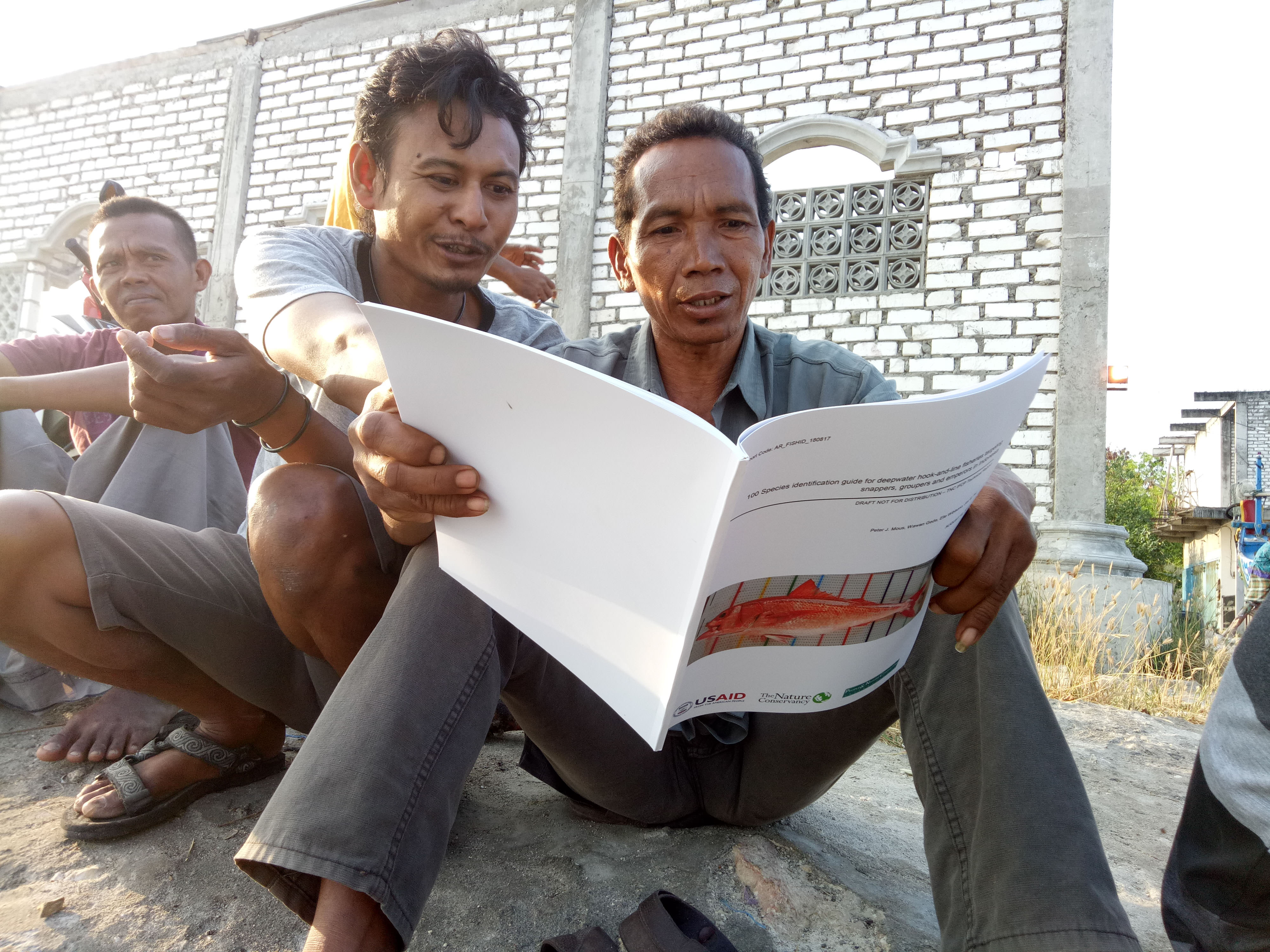
SNAPPER – Supporting Nature and People Partnership for Enduring Resources
Indonesia harvests more deep water snapper (Lutjanidae) and grouper (subfamily Epinepheliane) than any other nation. These fisheries are vital for national food security, but unsustainable fishing practices are driving large-scale decline in the snapper-grouper population.
The average size snapper and grouper is steadily decreasing, which is jeopardizing the future of the fishery. Today, 60 percent of exported fish are juveniles, meaning they have not had the chance to reproduce. These small fish are prized in some markets for their whole fillets that fit attractively on a dinner plate. Without the cap and reduction in juvenile catch, Indonesia’s snapper-grouper fishery is in deep trouble.
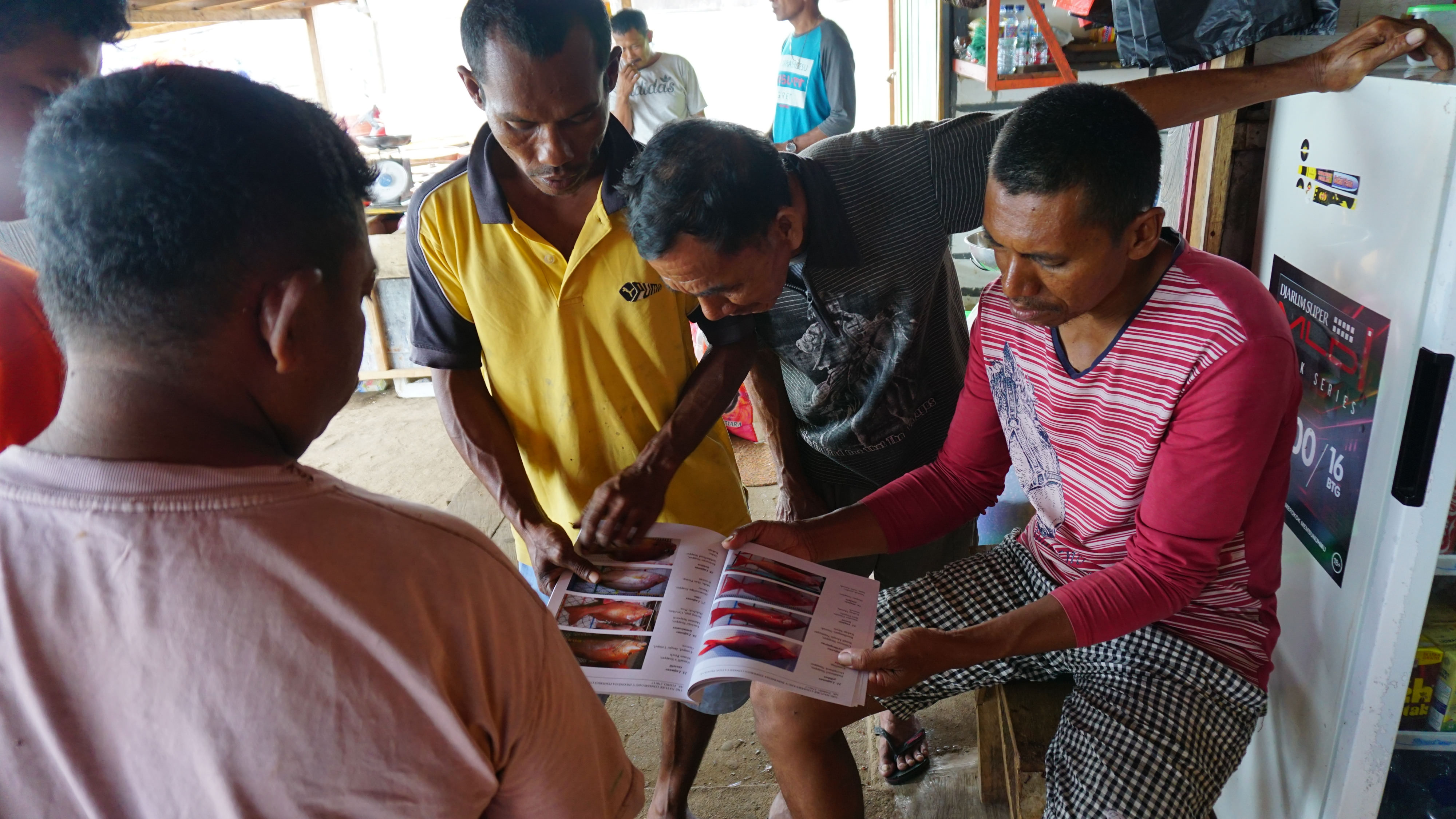
USAID, the David and Lucile Packard Foundation, Walton Family Foundation and YKAN are partnering to protect the biodiversity of deep-slope marine ecosystems and to enhance sustainability and profitability of deep-slope snapper, grouper and emperor capture fisheries in Indonesia.
Supporting Nature and People Partnership for Enduring Resources, SNAPPER, takes a resource-based approach in 11 fishery management areas, applying innovative approaches and technology for efficient monitoring of fishing activity and catch, and supporting the development of regulatory tools that aim to control access to resources. SNAPPER is addressing technical challenges for stock assessment and improving the availability of actionable information for resource managers and users, while supporting improved governance and enabling industry progress towards sustainability.
To enhance sustainability and management of the target fishery, SNAPPER will implement activities with target outcomes:
- Improved availability of data, science, and technology for sustainable fisheries management
- Improved capacity of stakeholders for sustainable fisheries planning and management, and
- Improved implementation of sustainable fisheries management of target fisheries.

Tuna
TNC is the host of the Consortium for Sustainable Tuna Fisheries in Indonesia (“Tuna Consortium”), a multi-partner program funded by the Walton Family Foundation. The partners include YKAN, TNC, International Pole and Line Foundation (IPNLF), Fair Trade USA (FTUSA), PT Hatfield Indonesia, Sustainable Fisheries Partnership (SFP), Yayasan Masyarakat dan Perikanan Indonesia (MDPI), Environmental Defense Fund (EDF), and WWF Indonesia. The following partners work in close coordination with the Consortium: Indonesian Pole and Line and Handline Fisheries Association (AP2HI), Commonwealth Scientific and Industrial Research Organisation (CSIRO), Marine Change, and Yayasan LINI.
The stated goal of the Tuna Consortium is “To support the Indonesian Ministry of Marine Affairs to adopt a participatory science-based decision-making process to implement their next 5-year tuna management plan (2019-2024) and draft harvest strategies for Indonesian Archipelagic Waters (fisheries management areas 713, 714, and 715) supported by supply chain interventions to achieve sustainable fisheries management”. Towards this end, the partners implement an action plan that covers the period November 2019 – October 2021, and that comprises a coordination component and three programmatic components:
- Institutional strengthening and improving stakeholder involvement in decision-making
- Validating efficacy and scale-ability of industry-led, on the water interventions, and
- Improving and disseminating science for management.
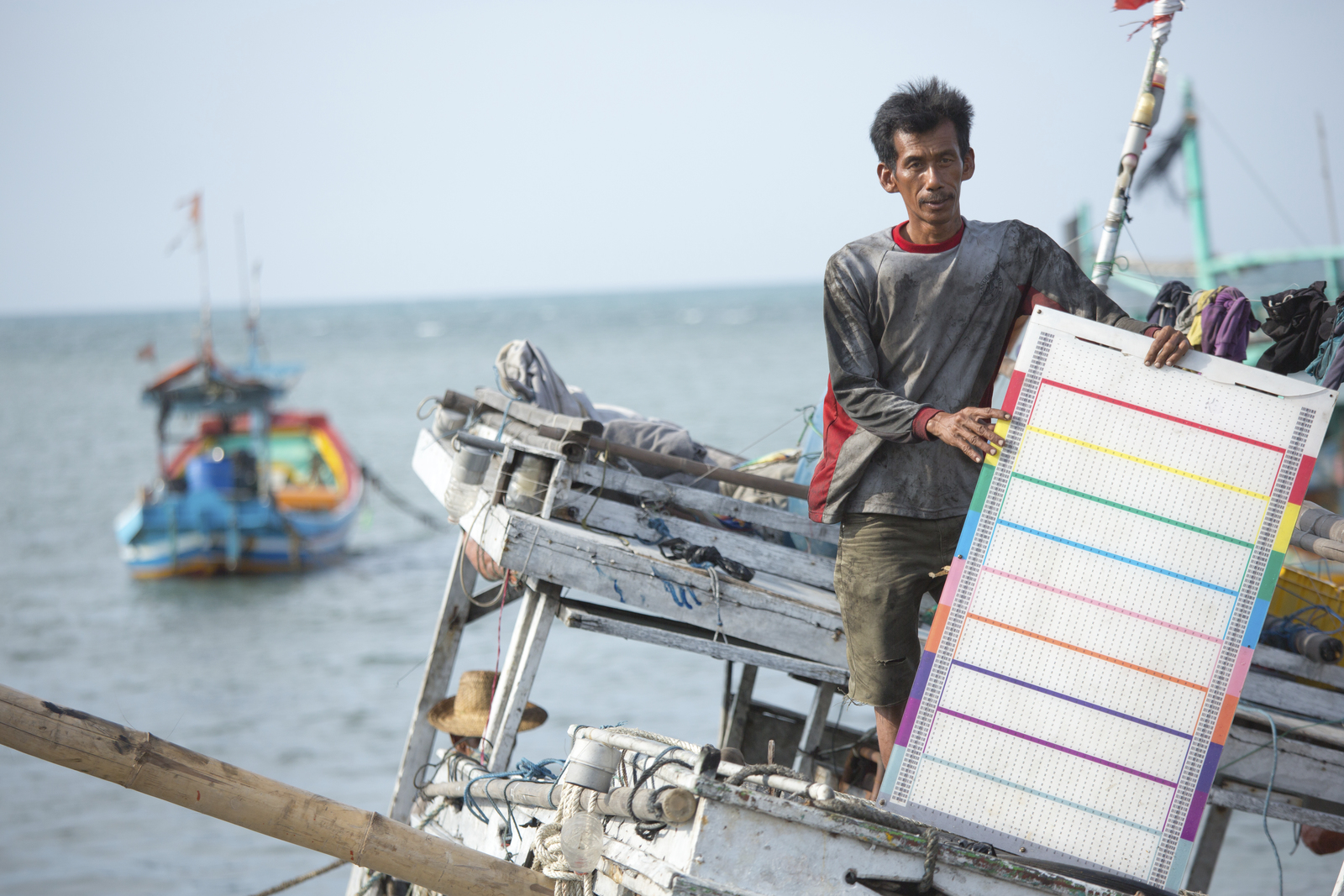
Crew-Operated Data Recording System (CODRS)
The primary challenge of fisheries management is poor data stock. We simply don’t know which species are being caught, where and in what quantities. Especially in complex multi-species fisheries, like the ones in Indonesia and in many other tropical developing countries, useful fish data just doesn’t exist, making sustainable management almost impossible.
In fact, some 90 percent of fisheries globally are lacking in stock assessment data. Traditional methods of obtaining this data are prohibitively expensive, and so in the majority of fisheries in the developing world, the condition of stocks is unknown.
Quote: Ari
Taking photos for the data is not that difficult—we are getting used to it. And the additional benefit really helps us through low season.
Ari
Captain of KM. Teratai, PangkalanYayasan Konservasi Alam Nusantara (YKAN), TNC’s partner in Indonesia, is using Crew Operated Data Recording Systems (CODRS) to capture the much needed data. CODRS is a fish database program operated by fishers at sea. Fish are placed on measuring boards and then photographed to determine their size and species. The fishing vessel is tracked using GPS coordinates to show where the fish are harvested.
For smaller boats, the crew photographs the fish upon landing instead of at sea, and the timestamps on the pictures are used as an indication of the fishing day.
At the end of the trip, the photographs are handed over for processing by expert staff. The processing involves identifying the fish species and the length of the fish. This information is double checked by a second expert, and the data is stored in a data base.
FishFace
To complement the CODRS work, TNC and YKAN are developing a groundbreaking image-recognition application called FishFace that allows fishers to identify and track their catches using mobile technology, eliminating common misidentifications and the need for expensive equipment. FishFace has been tested at sea with an accuracy rate of 95 percent.

The goal of FishFace is to build this technology into a smart phone app that could be used on fishing boats throughout the region and eventually be deployed around the globe. Through the use of affordable image recognition software that will detect species from photos, much faster and more accurate sorting of fish will be possible at the processing plant, or even as fish are brought on board boats at sea.
Ultimately, FishFace technology will offer a low-cost assessment of fish stocks, providing the essential data needed to assess and manage fisheries that are struggling around the world and making a positive difference to hundreds of millions of people who depend on fish for income and food.
Fisheries Improvement Program
Our Fisheries Improvement Program (FIP) blends two primary strategies: adaptive fisheries governance and market leadership that are the key elements of sustainable fisheries in Europe and the United States. FIPs help guide fisheries to develop long-term plans for monitoring catch and creating a credible compliance system needed to position the fishery for formal sustainability recognition, such as the Marine Stewardship Council (MSC) certification, which many seafood buyers with sustainable sourcing frameworks require.
YKAN has launched a FIP for Indonesia deepwater groundfish that are caught using dropline, longline, trap and gillnet. Fourteen buyers and processing companies have committed to join the FIP and have committed to limit their amount of juvenile fish to no more than 5 percent.
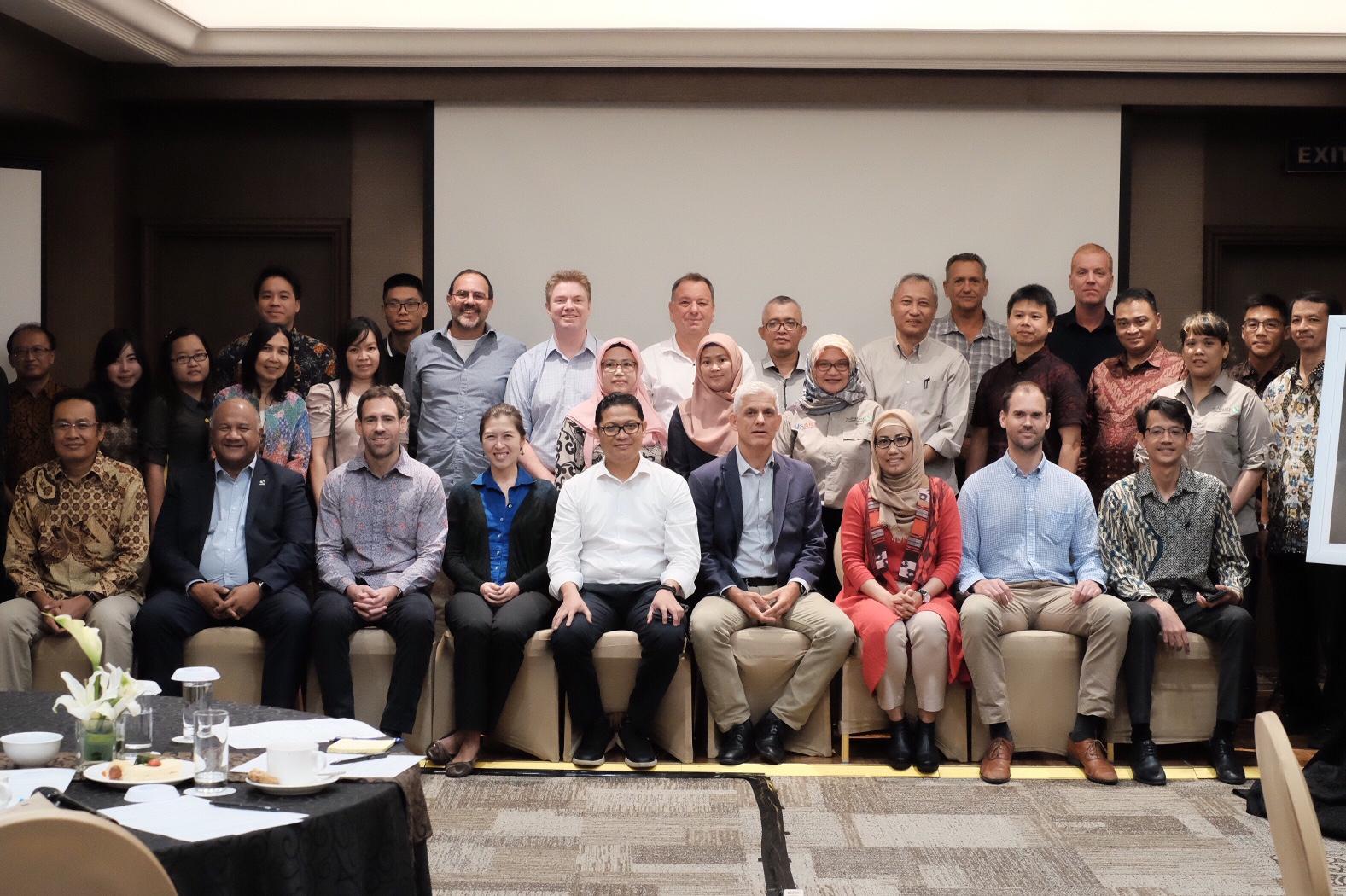
The FIP has been entered in fisheryprogress.org, and we are maintaining the status at A (Advanced Progress) through these achievements:
- Forecasted the total production of the snapper fishery per year (85,230 metric tons) using fleet surveys and CODRS data collected from 2015-2018 on primary and non-primary species in the fishery.
- Conducted an assessment of endangered, threatened and protected species (particularly, sharks) caught in the snapper fishery based on CODRS data from 2016-2018. Fishers reported sharks caught during snapper fishing and the data was uploaded to fisheryprogress.org.
- Built a strong cooperation with the Research Institute for Marine Fisheries-(Ministry of Marine Affairs and Fisheries) (BRPL-KKP) on database development.
- Conducted a MSC certification pre-assessment for the deepwater snapper-grouper fishery.
- Supported the BRPL-KKP to strengthen the current fisheries management decision making procedure and ensure that it responds to fishery-specific requirements.

Fisheries Program Sites:
Aceh, Aceh Special Region
Padang, West Sumatera
Bintan, Riau Island
Natuna, Riau Island
Pangkalan Susu, North Sumatera
Bengkulu, Bengkulu
Belitung, Bangka-Belitung Island
Balikpapan, East Kalimantan
Bontang, East Kalimantan
Sumenep, East Java
Lamongan, East Java
Probolinggo, East Java
Karimun Jawa, Central Java
Pangandaran, West Java
Denpasar, Bali
Kema, North Sulawesi
Sangihe, North Sulawesi
Talaud, North Sulawesi
Tagulandang, North Sulawesi
Makassar, South Sulawesi
Wakatobi, Sulawesi Tenggara
Kolaka, Sulawesi Tenggara
Pagimana, Sulawesi Tengah
Kupang, NTT
Sumbawa, NTB
Sape, NTB
Tual, Maluku
Saumlaki, Maluku
Dobo, Maluku
Ambon, Maluku
Buli, Maluku Utara
Manokwari, Papua Barat
Sorong, Papua Barat
Fakfak, Papua Barat
Nabire, Papua
Biak, Papua
Transforming the Snapper-Grouper Fishery
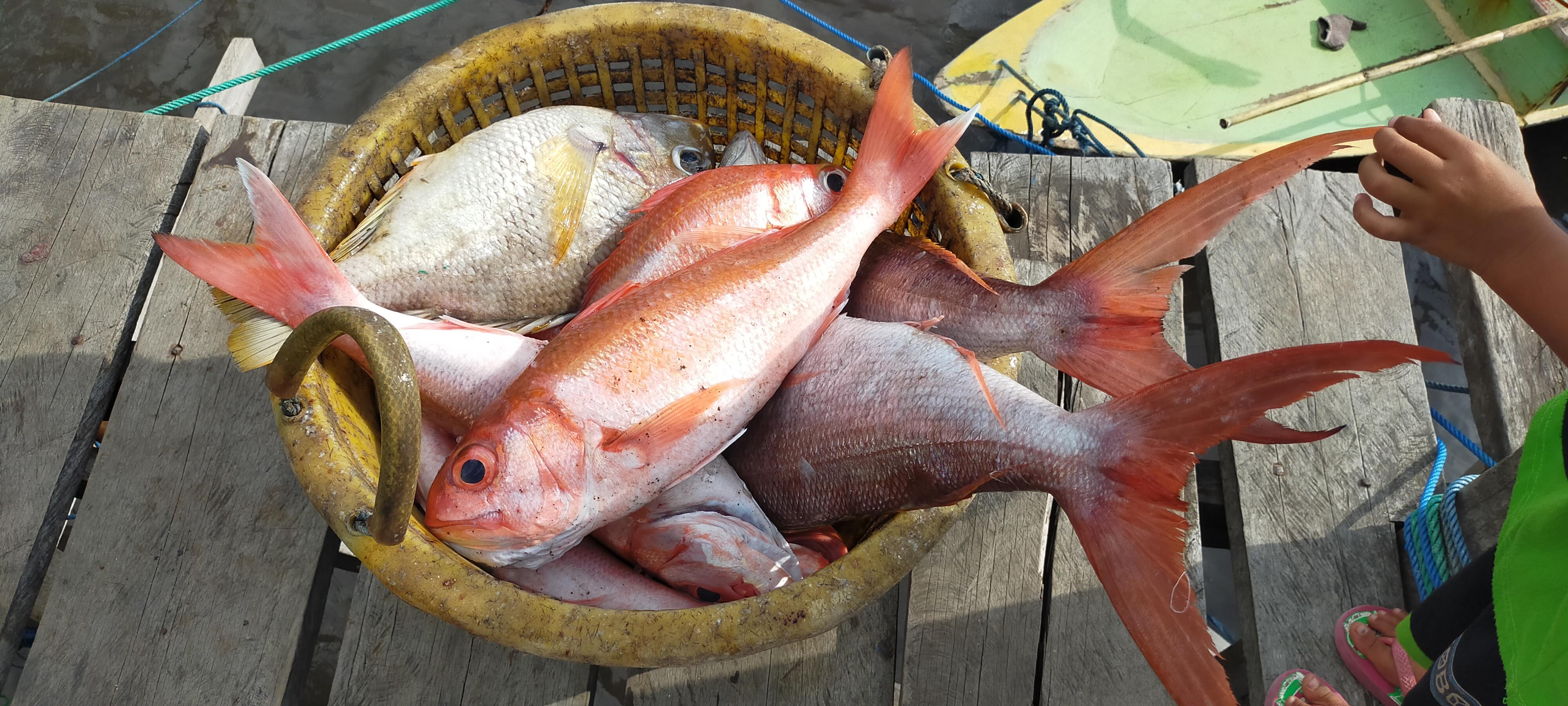


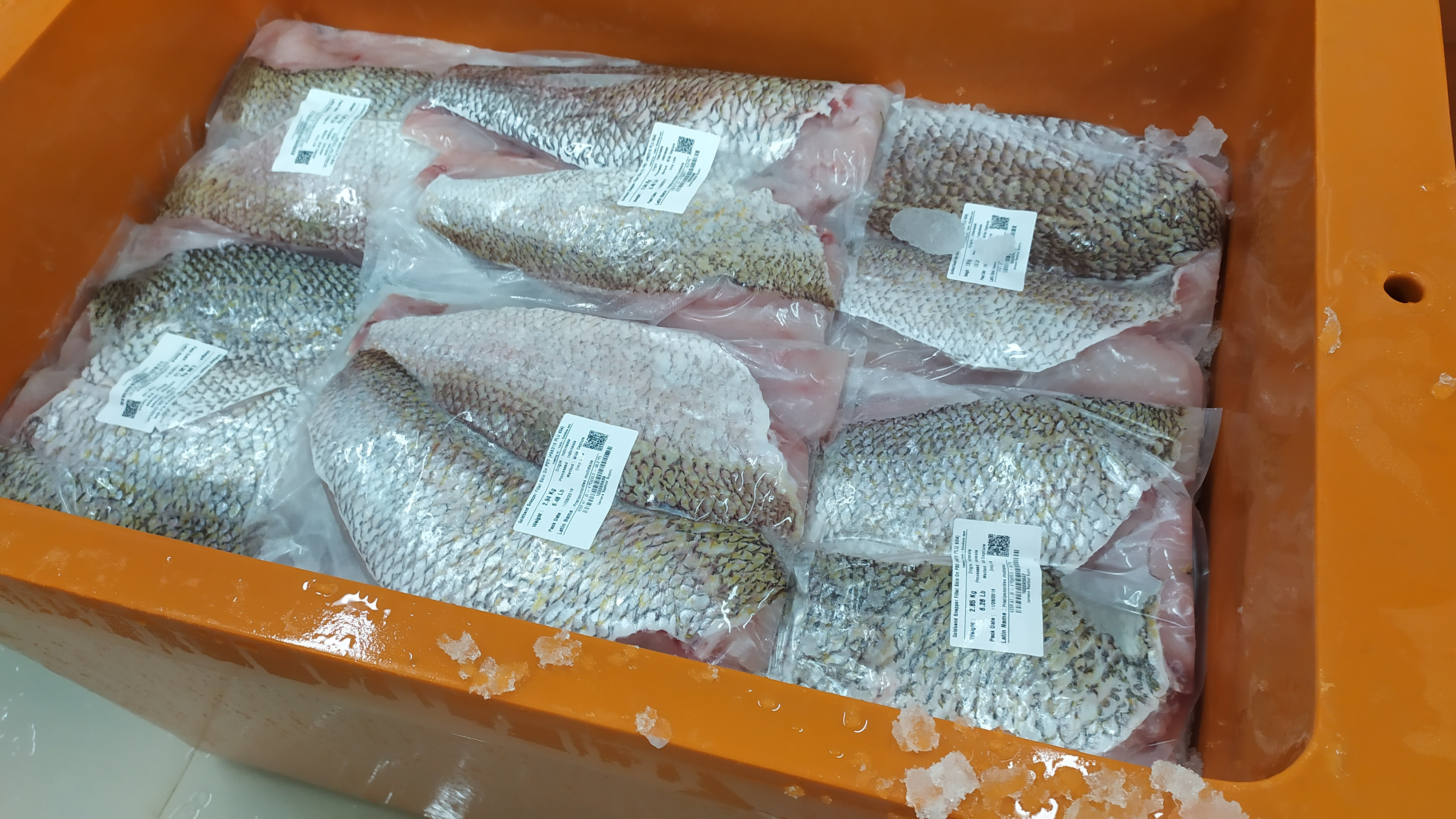
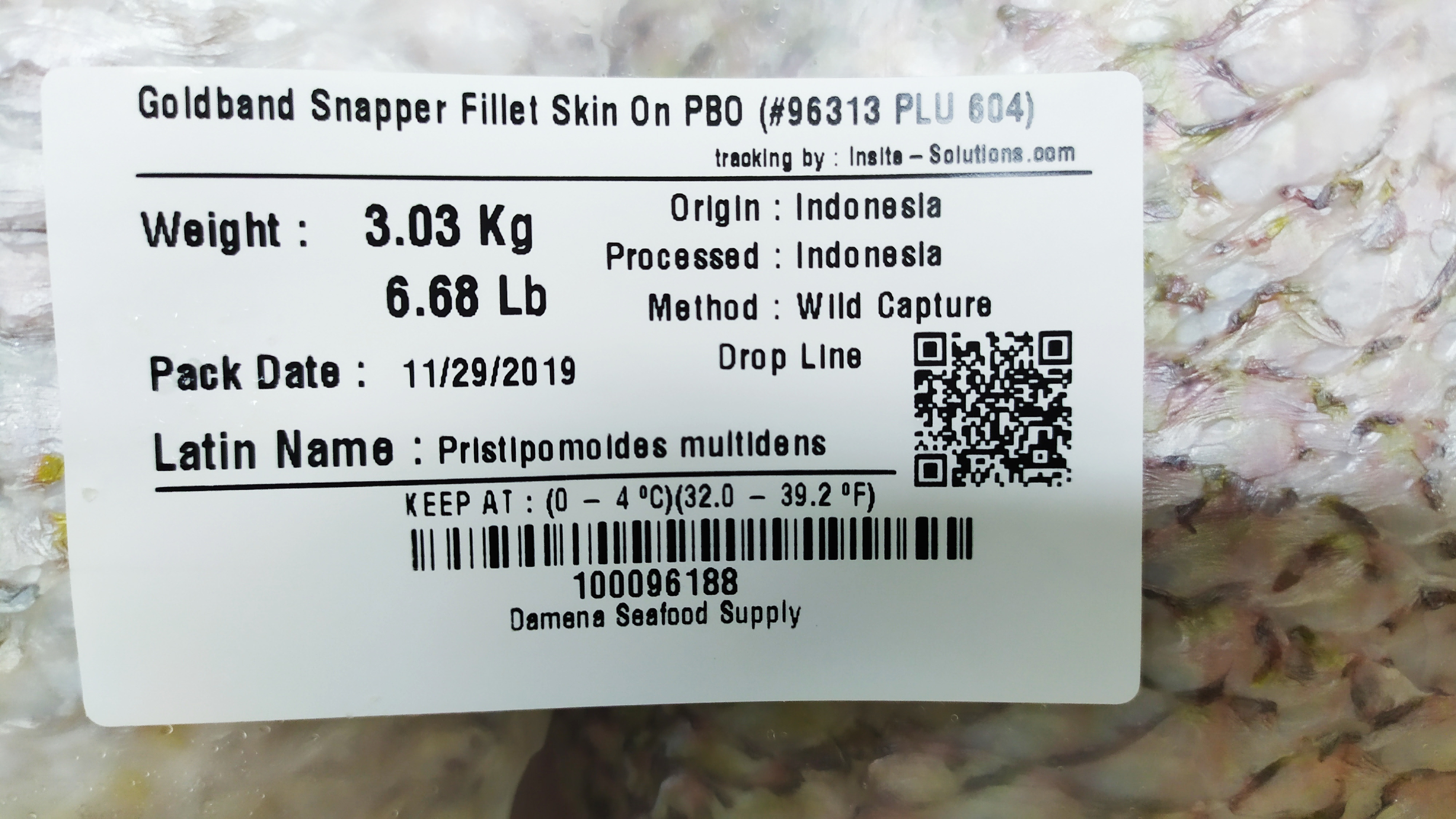


Donors

USAID
USAID supports Indonesia’s vision for productive and sustainable oceans. In cooperation with TNC, USAID secured commitments to fisheries improvement programs from companies in Indonesia. The activity focuses on protecting marine ecosystems and encouraging sustainable practices by private sector actors to enhance the sustainability and profitability of deepwater red snapper fisheries.

Walton Family Foundation
The foundation believes fishing can be the sustainability success story of the 21st century. To end overfishing, improve ocean health and preserve coastal livelihoods, the Walton Family Foundation is leveraging the buying power of major seafood importers and engaging the supply chain in building support for sustainable fisheries practices.

UNDP
ATSEA-2 is a Global Environment Facility (GEF) funded programme and managed under United Nations Development Programme (UNDP) and Indonesia Ministry of Marine Affairs and Fisheries (MMAF) as implementing partner. The ATSEA-2 Programme aim to promote sustainable development in Arafura and Timor Seas region to improve inhabitant’s quality of life through restoration, conservation and sustainable management of marine-coastal ecosystem as one of the area with highest productivity in Indonesia to ensure the implementation of integrated concept, sustainable, and prosperity of the coastal people in transboundary area.

Ocean Conservancy
Fishing Companies
Thus far, 14 domestic and international fishing companies have demonstrated their commitment to the snapper-grouper Fisheries Improvement Program (FIP) by adopting a minimum trading size for purchased fish.
Indonesia's FIP Partners
About our Partner Fishing Companies
-
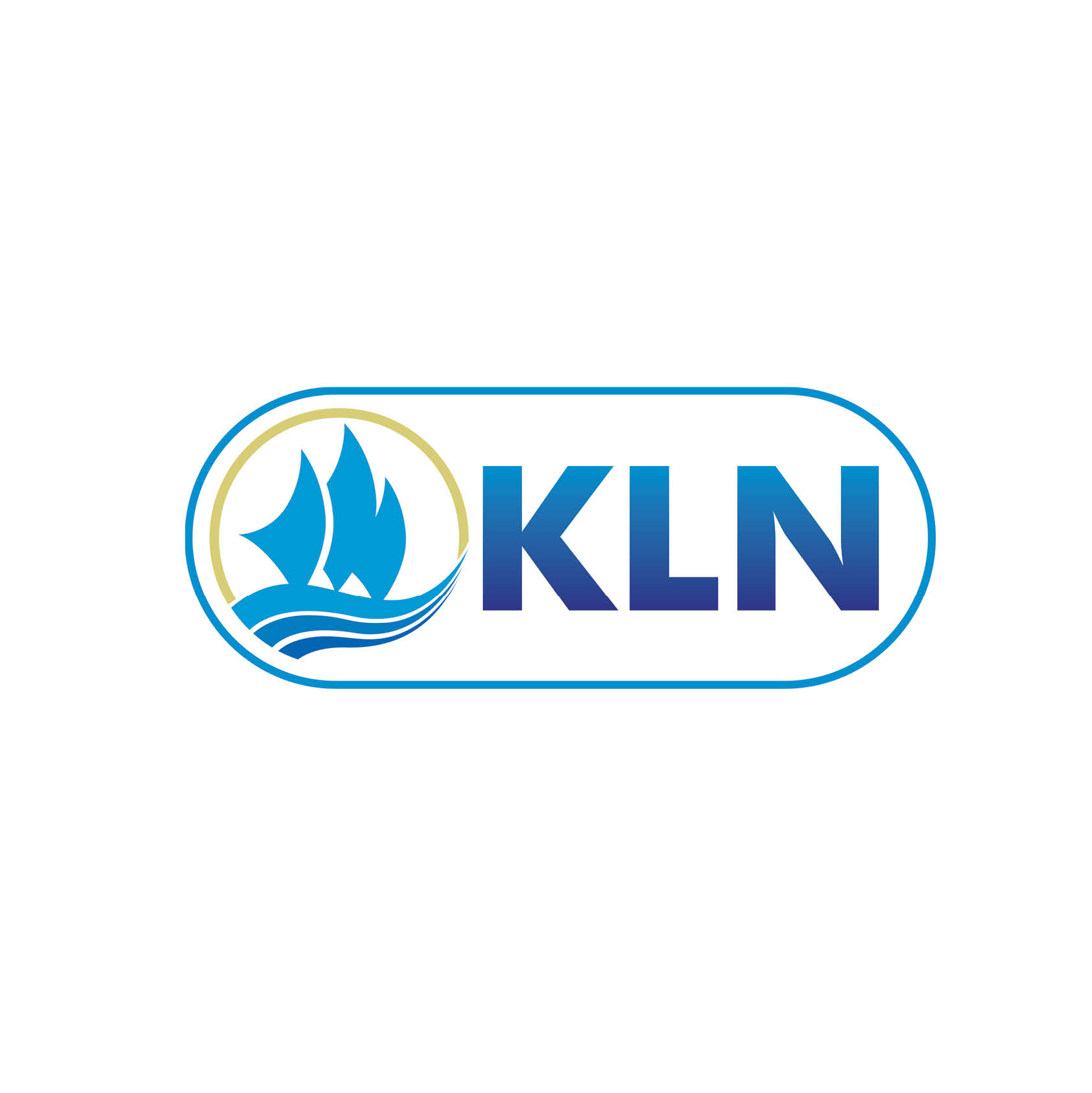
PT. KELOLA LAUT NUSANTARA (KLN)
Established in 2011 as an international fisheries company, the company operates a streamlined supply chain including, catching fish and processing fish in its own plant located in Juwana-Pati, Central Java, Indonesia.
-
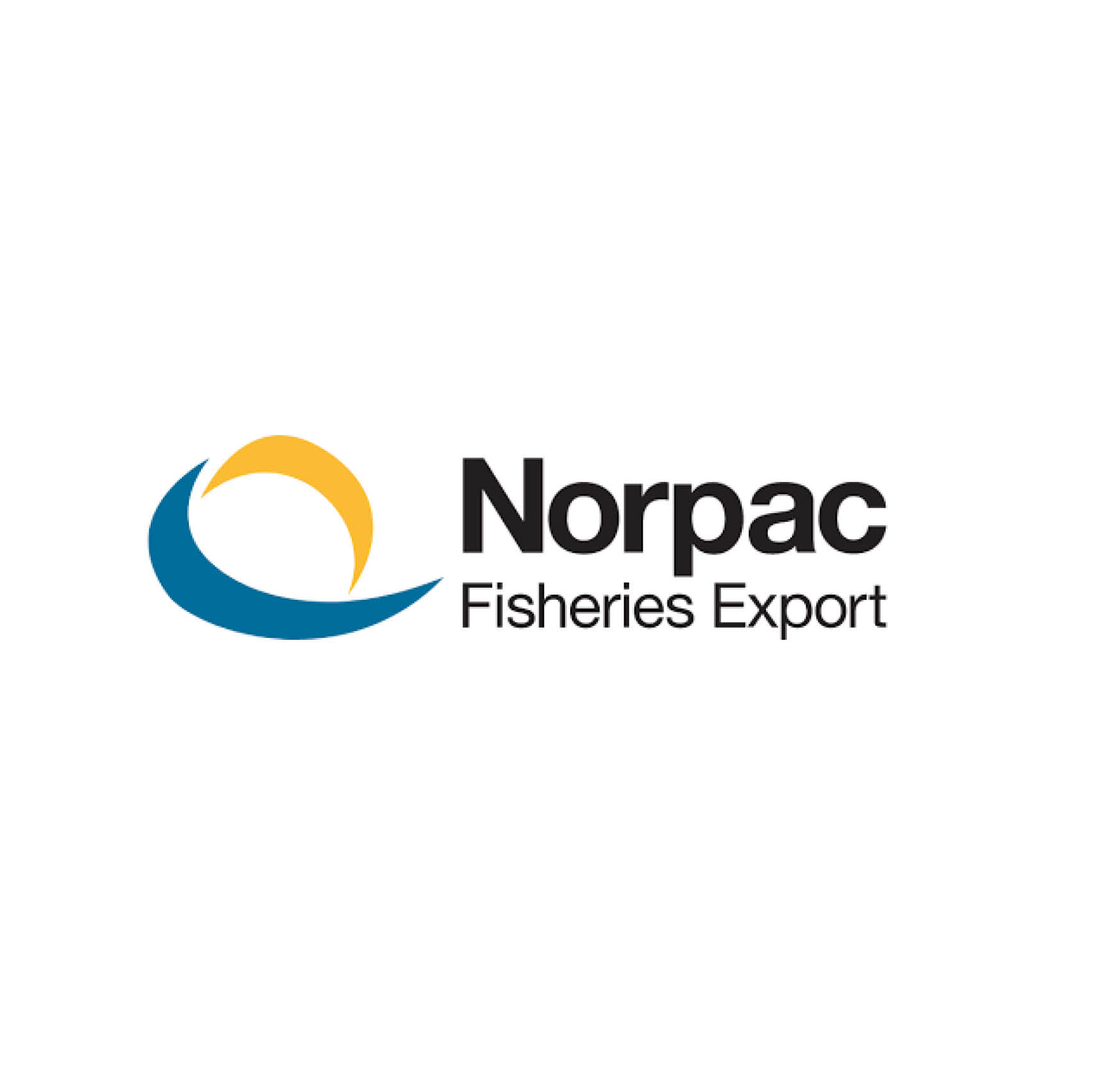
NORPAC
Using only responsible catching practices and working with properly managed fish farms, Norpac remains committed to preserving ocean waters and marine life while fishing the Central and Western Pacific.
-
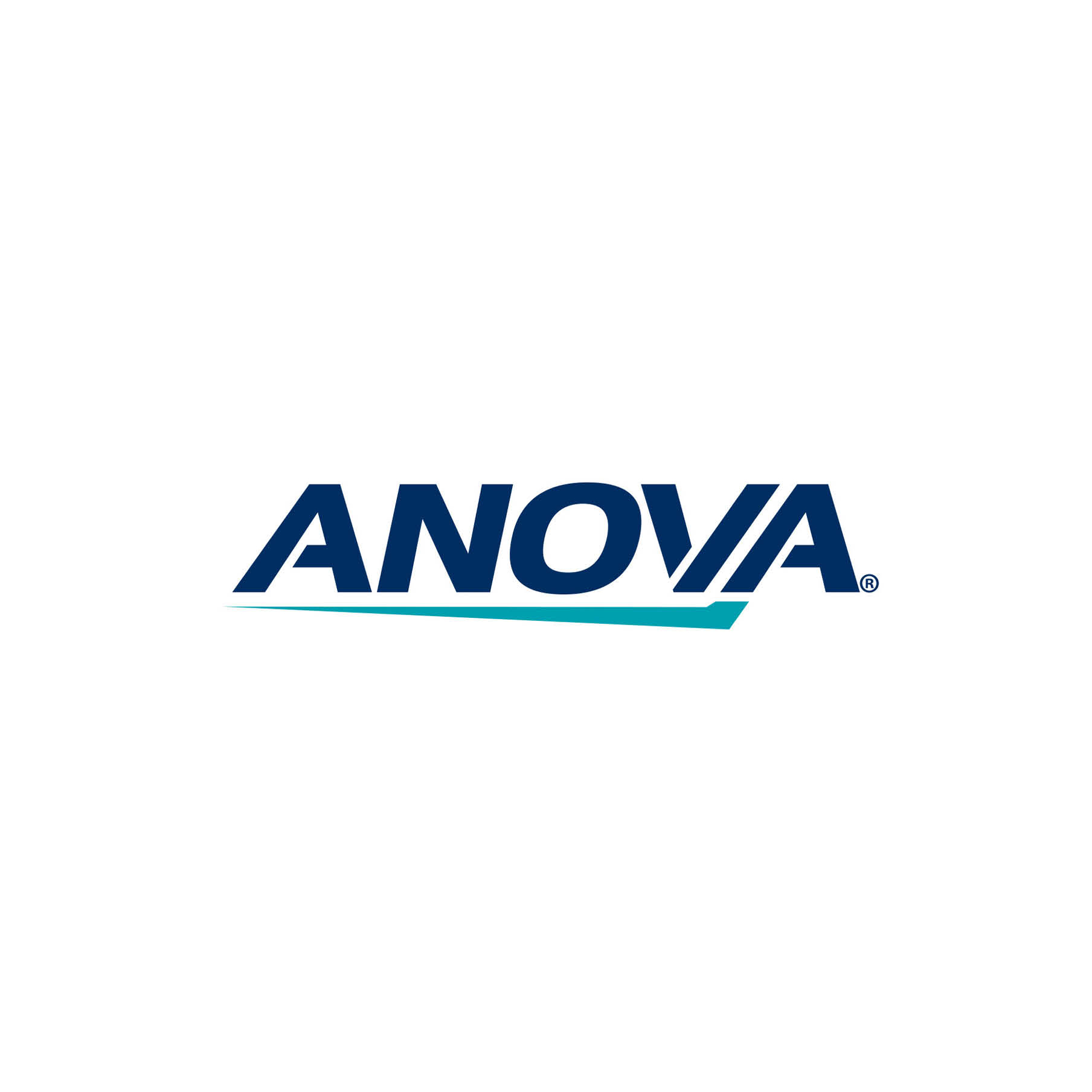
ANOVA
Anova Food, LLC, is a leading sushi quality tuna company in America. Due to its focus on quality and sustainability, Anova is the preferred brand for many restaurant chains, food retailers, distributors and value-added processors.
-
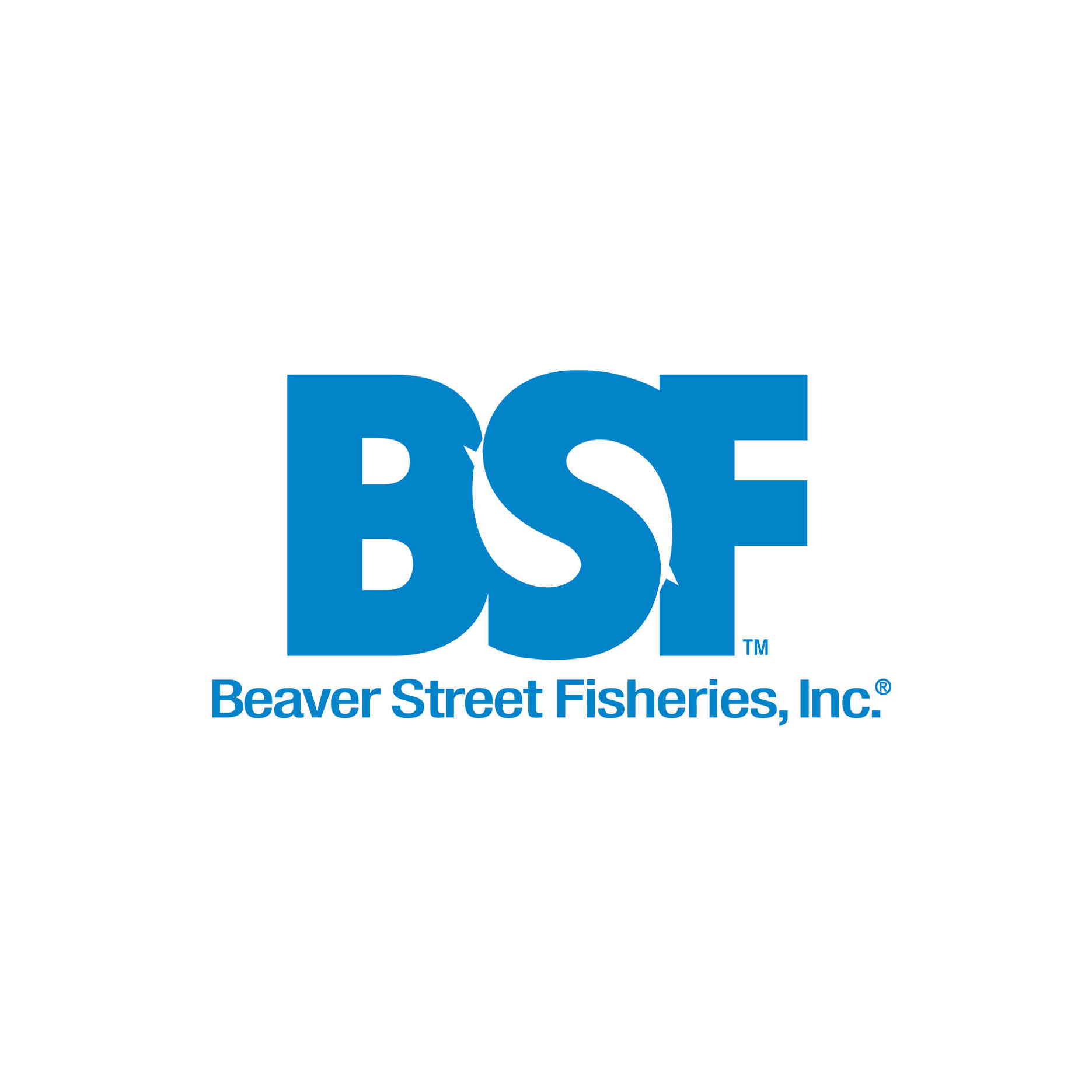
BEAVER STREET FISHERIES INC
Beaver Street Fisheries has always been a leader in the seafood industry, and they understand that they have a global responsibility to support and sustain the Earth and its ecosystems.
-
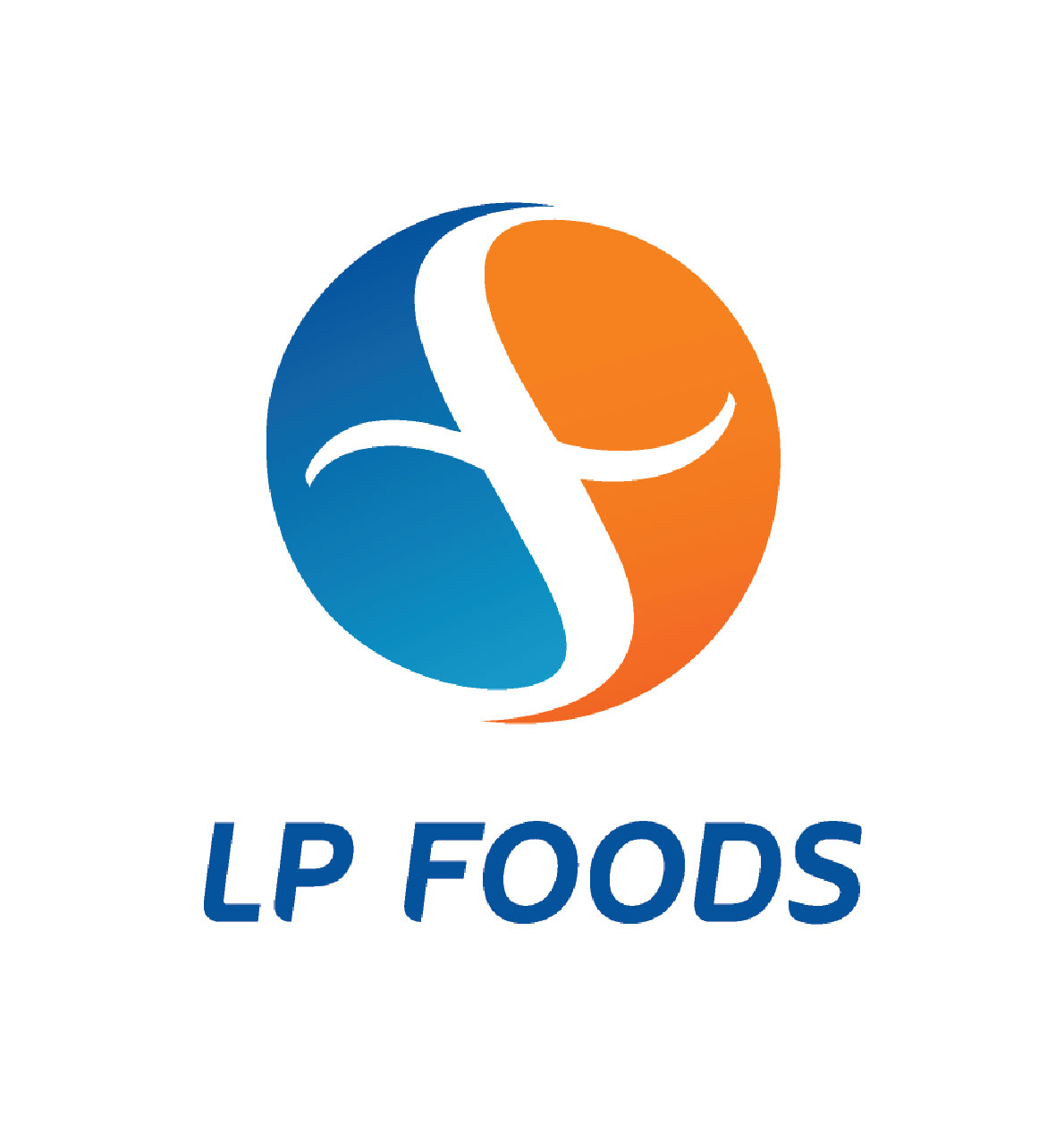
LP FOODS
Our team professionally performs full supply chain audits on the basis of ASC and BAP, as well as implements the customers’ RS standards and thus protecting brands' reputation. LP Foods only deals with seafood items with a sustainable profile.
-
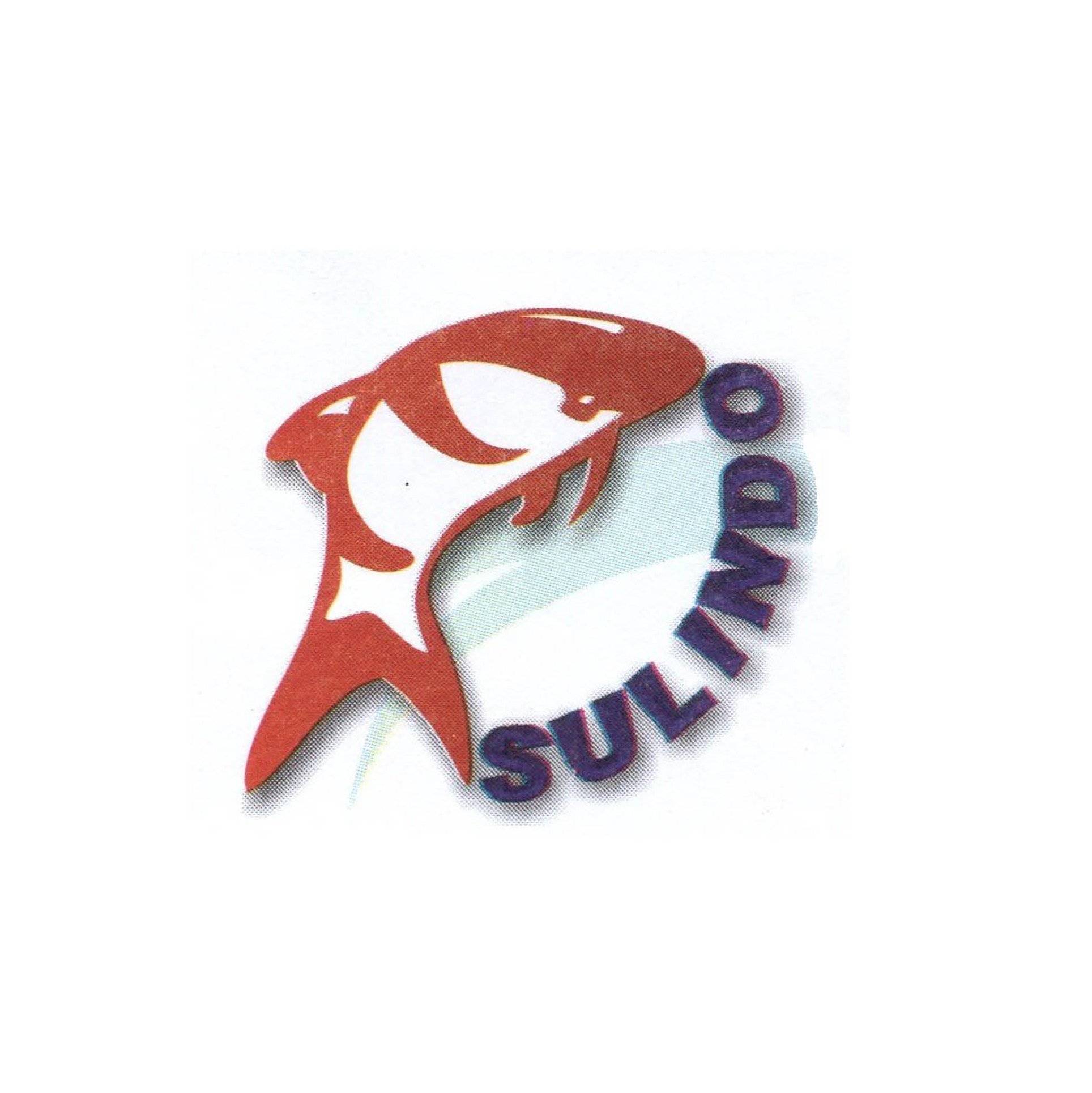
PT. SUKSES LAUTAN INDONESIA (SULINDO)
One of the most integrated fishery companies in Indonesia. A frozen seafood processor and exporter that works across the supply chain from catching fish using their own fishing boats, fish processing, packing and delivering to consumers.
-
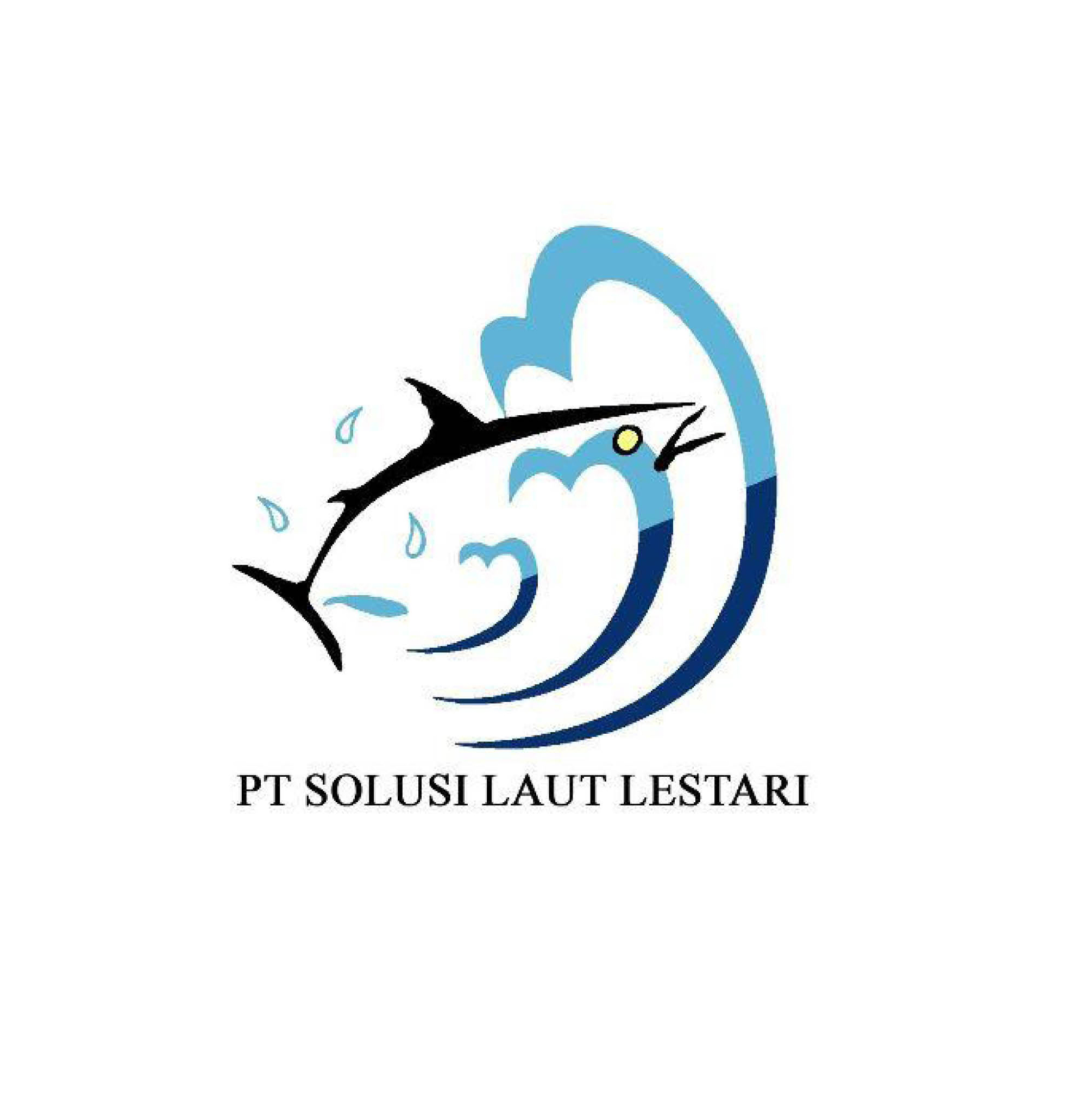
PT. SOLUSI LAUT LESTARI
Committed to processing fishery products that are environmentally friendly and contribute to the Indonesian government's sustainable fisheries efforts to restore Indonesia's fishery resources.
-

PT. SUKSES HASIL ALAM NUSAINDO (SHANINDO)
One of the leading seafood processing companies in Makassar Indonesia. With our strategic location and sourcing area of fresh seafood, we always try to bring the best quality and freshness seafood to the world.
-
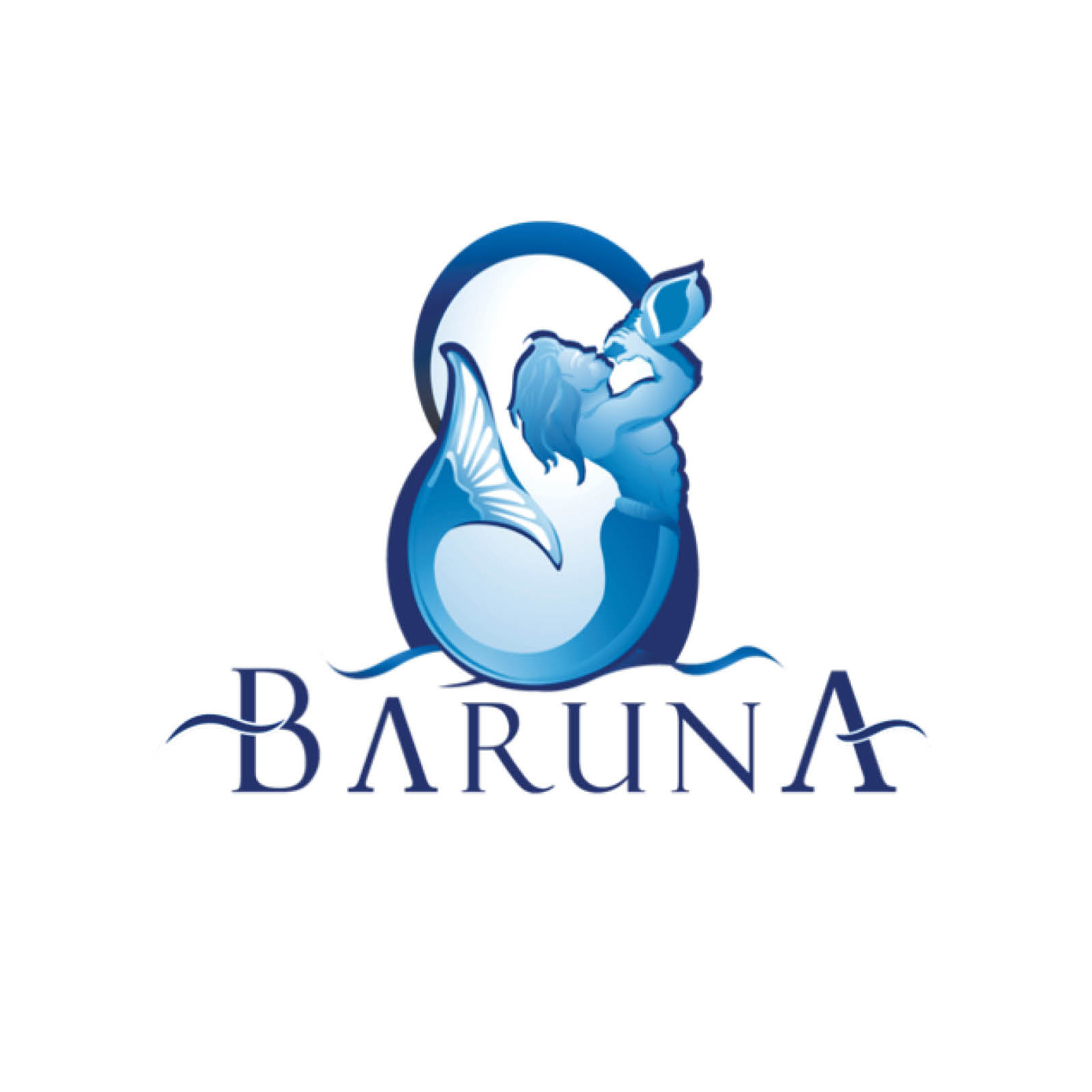
PT. BAHARI BIRU NUSANTARA (BARUNA), BARUNA SEAFOOD
Striving to offer our customers with the highest quality seafood products from sustainable and ethical fisheries while operating our business with integrity and care.
-
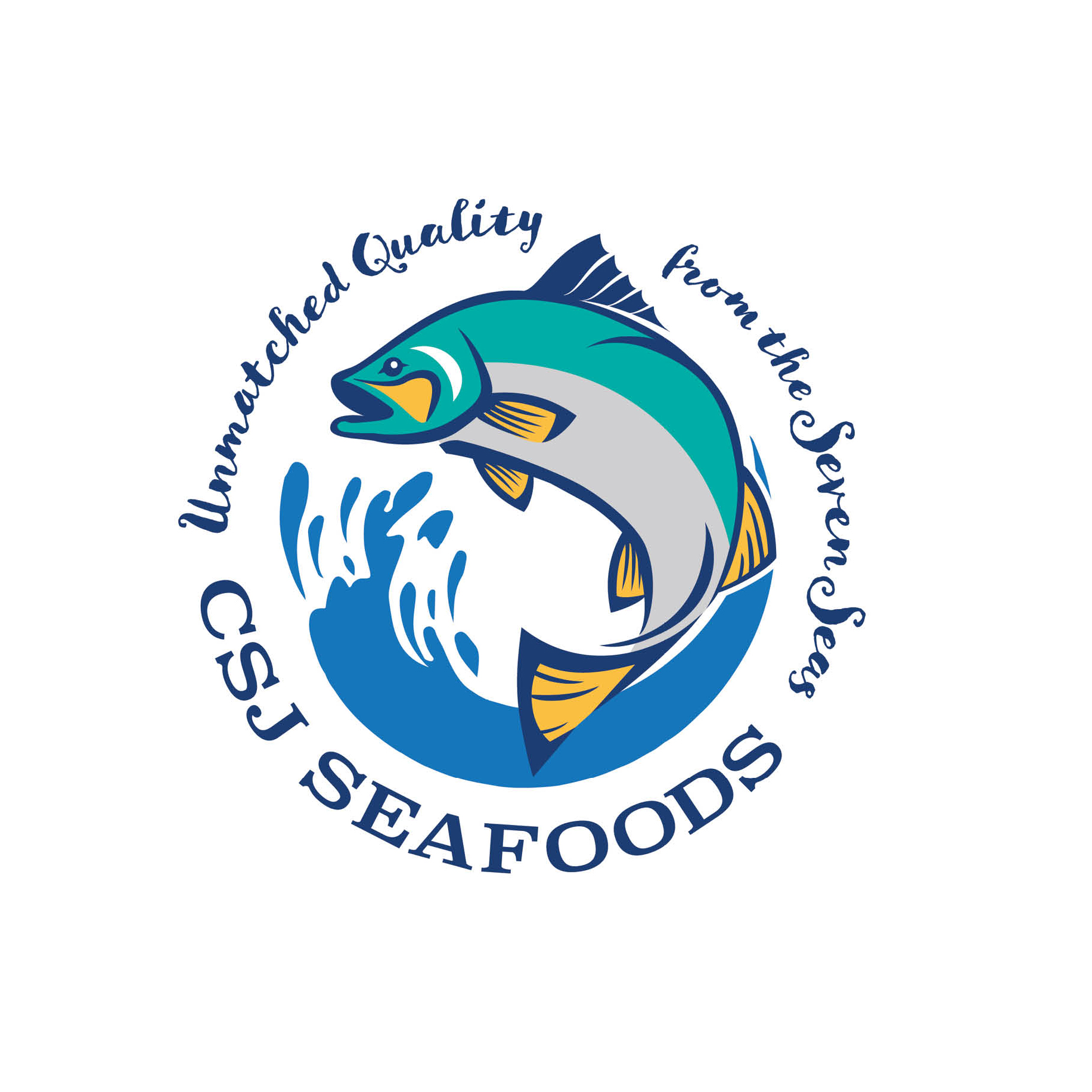
CSJ SEAFOODS
Specializes in bringing fresh seafood from around the world to the Australian consumer quicker than anyone else. CSJ Seafoods maintains a hands-on approach to sourcing, working only with artisan, community-based fisheries to ensure sustainability.
-
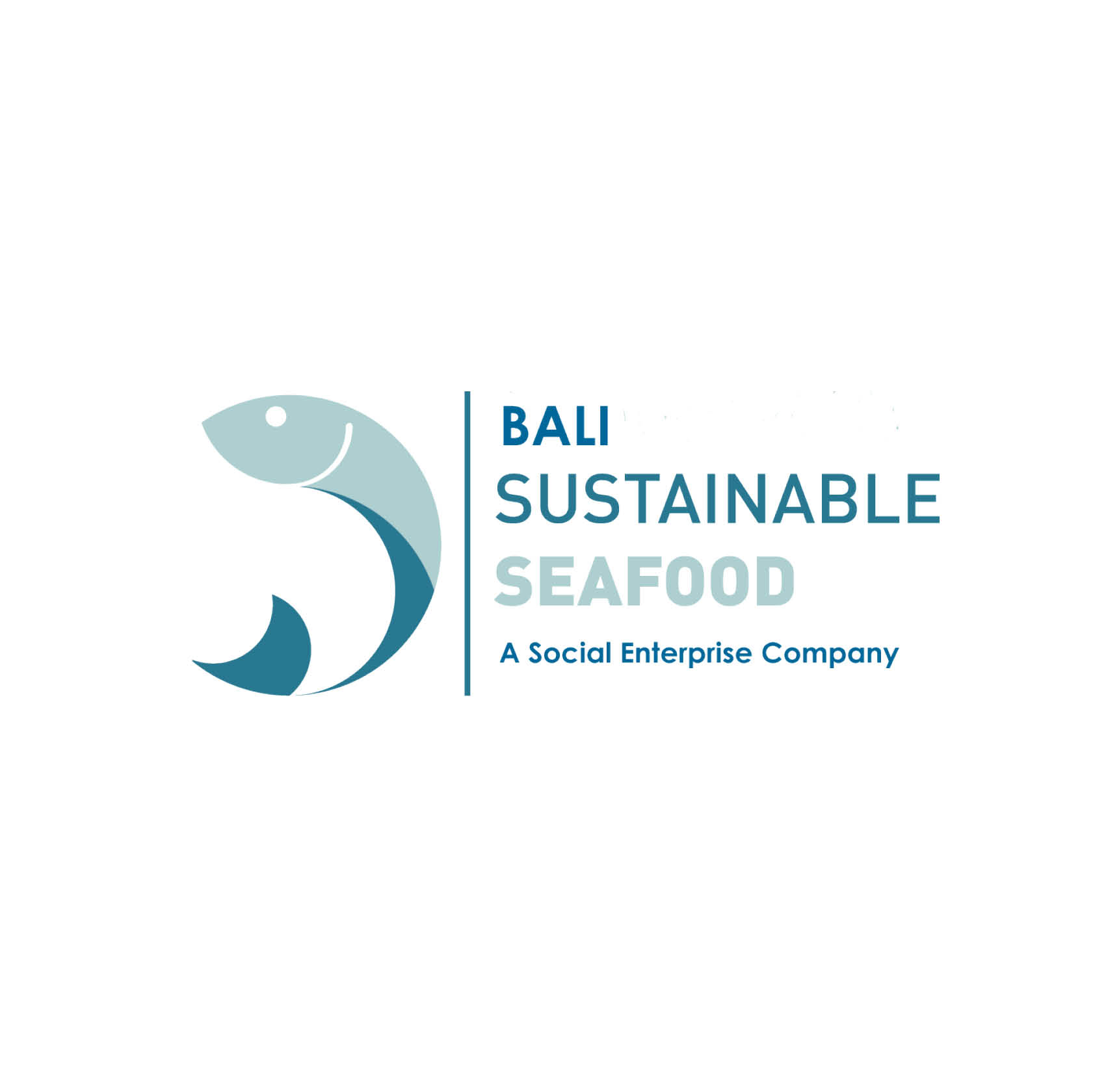
BALI SUSTAINABLE SEAFOOD
Established in 2017 to provide high quality seafood for a wide arrange of local businesses. Bali Sustainable Seafood works with and develops eco-impact fisheries in Indonesia including, snapper, tuna, clams and more.
-
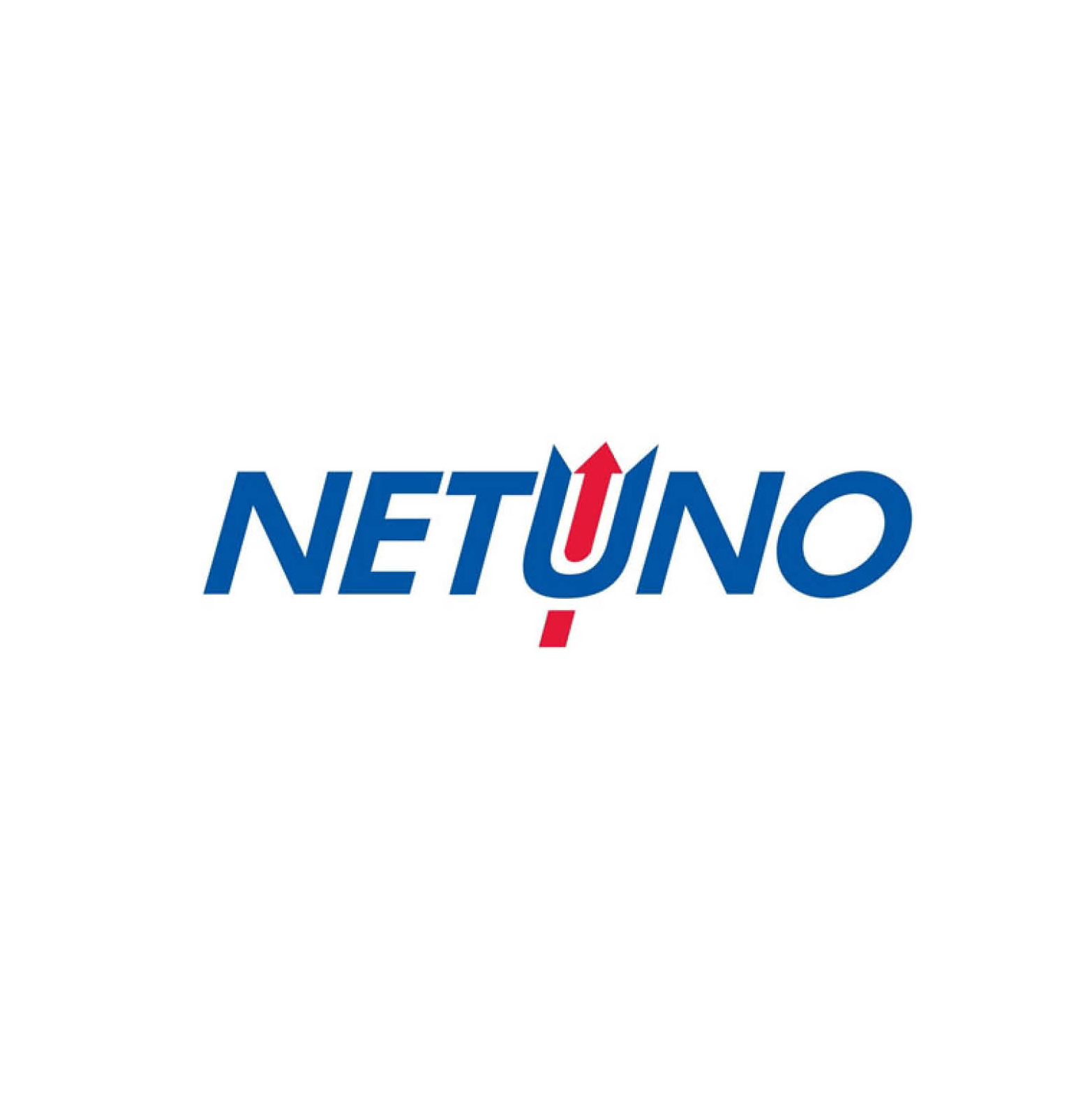
NETUNO
Committed to producing the highest quality frozen seafood in the market, while maintaining a strong commitment to sourcing from sustainable fisheries that utilize commercially responsible practices.
PT. KHARISMA BINTANG TERANG
A seafood processing and trading company with the target of developing long-term relationships and mutual partnerships in the global seafood market.
Implementing Partners

REPORTS & PUBLICATIONS
Click to Download
- Indonesia Snapper And Grouper Pre-assessment Report (.pdf)
- Fish ID Guide (.pdf)
- Fish ID Poster (.jpg)
- Deepwater Demersal (.pdf)
- Length-Based Stock Assessment Area WPP 571 (.pdf)
- Length-Based Stock Assessment Area WPP 572 (.pdf)
- Length-Based Stock Assessment Area WPP 573 (.pdf)
- Length-Based Stock Assessment Area WPP 711 (.pdf)
- Length-Based Stock Assessment Area WPP 712 (.pdf)
- Length-Based Stock Assessment Area WPP 713 (.pdf)
Click to Download
- Length-Based Stock Assessment Area WPP 714 (.pdf)
- Length-Based Stock Assessment Area WPP 715 (.pdf)
- Length-Based Stock Assessment Area WPP 716 (.pdf)
- Length-Based Stock Assessment Area WPP 717 (.pdf)
- Length-Based Stock Assessment Area WPP 718 (.pdf)
- Fisheries Supply Lines (.pdf)
- Length-weight Parameters and Estimated Values of Various Indicators by Species
- Shark and Ray By-Catch (.pdf)
- Developments of Gonado Somatic Index (.pdf)
3rd FIP Meeting: Compliance and Contribution.
The 3rd FIP meeting, which was held on 27 January 2021, focused on the progress on the commitment to reduce the juvenile trade by 5 percent. FIP members have transparently provided information on raw materials and purchases (packing list) since the FIP was launched nearly two years ago. This information was further analyzed and has formed a compliance tracking report that displays the juvenile composition from the company’s procurements or purchase.
Despite our siginificant appreciation to the companies that continue to comply with the requirements in this difficult pandemic situation, the meeting decided that FIP members who are not yet able to fulfill the requirement of avoiding juvenile below 5 percent will have to withdraw its membership temporarily. Companies may re-enter and continue its membership after demonstrating the above commitment.
As for the FIP contribution scheme, two cents per pound will be applied to all product formats (fillet, whole fish, etc.); every destination country; and all FIP members regardless of whether they are under the same supply lines or not. Fixed amounts and contribution periods were saved for the next FIP consultative meeting.
FIP 2nd Consultation Meeting: Strategies to Meet the MSC Certification Principles
On 22-23 July 2020, YKAN and partners, including fishing companies, had a FIP consultative meeting virtually due to the COVID-9 pandemic. The meeting was attended by at least 73 participants from 13 companies, MMAF, donors, NGOs and MSC Indonesia. The meeting was inaugurated by the Director General of Capture Fisheries (Dr. Ir Aryo Hanggono) who addressed the need of sustainable fishing in response to the increasing demands of snapper and grouper commodities. Mr. Argo Hanggono further explained that FIP is a useful platform to gather companies, NGOs and other stakeholders to work together towards better fishing harvest strategies and management.
The meeting started with various discussions. One of the crucial aspects was the preliminary results on the fish length assessment in relation to maturity. The assessment suggested that it is unlikely we could go forward with the MSC certification process of the market’s two most favorable snapper species (Lutjanus malabaricus and Pristipomoidesmultidens). These species are below the point at which recruitment is impaired (PRI). Alternatively, we still could go forward with other species which include the snapper family and also grouper, sweetlips, emperor and grunter, namely Epinephelusareolatus, Pristipomoides typus, Diagrammapictum, Lethrinus laticaudis, Pomadasys kaakan, Diagrammalabiosum, and Lutjanus erythropterus.
The meeting also tackled issues with the FIP progress and compliance in accordance to terms and commitment, as well as harvest strategies development to recover fish stock and market condition during the COVID-19 pandemic. As an action item, YKAN will carry out more informal, consultative meetings with fishing companies to address the above concerns and suggestions. A one-on-one meeting with individual companies might be the best option.
During this meeting, FIP partners were introduced to several contribution schemes of two cents per pound to cover the costs of the catch monitoring program and other relevant FIP activities. The ultimate goal of this contribution is for the Deepwater Groundfish FIP to run independently or sustainably when funding from development agencies has ended and move forward with the full assessment for MSC certification and while maintaining the performance.
Contact us to find out more about our sustainable fisheries work or to join us indonesia@tnc.org
Read More

Indonesia Fisheries
Indonesia is the largest archipelagic country in the world and the world’s second-largest producer of seafood.
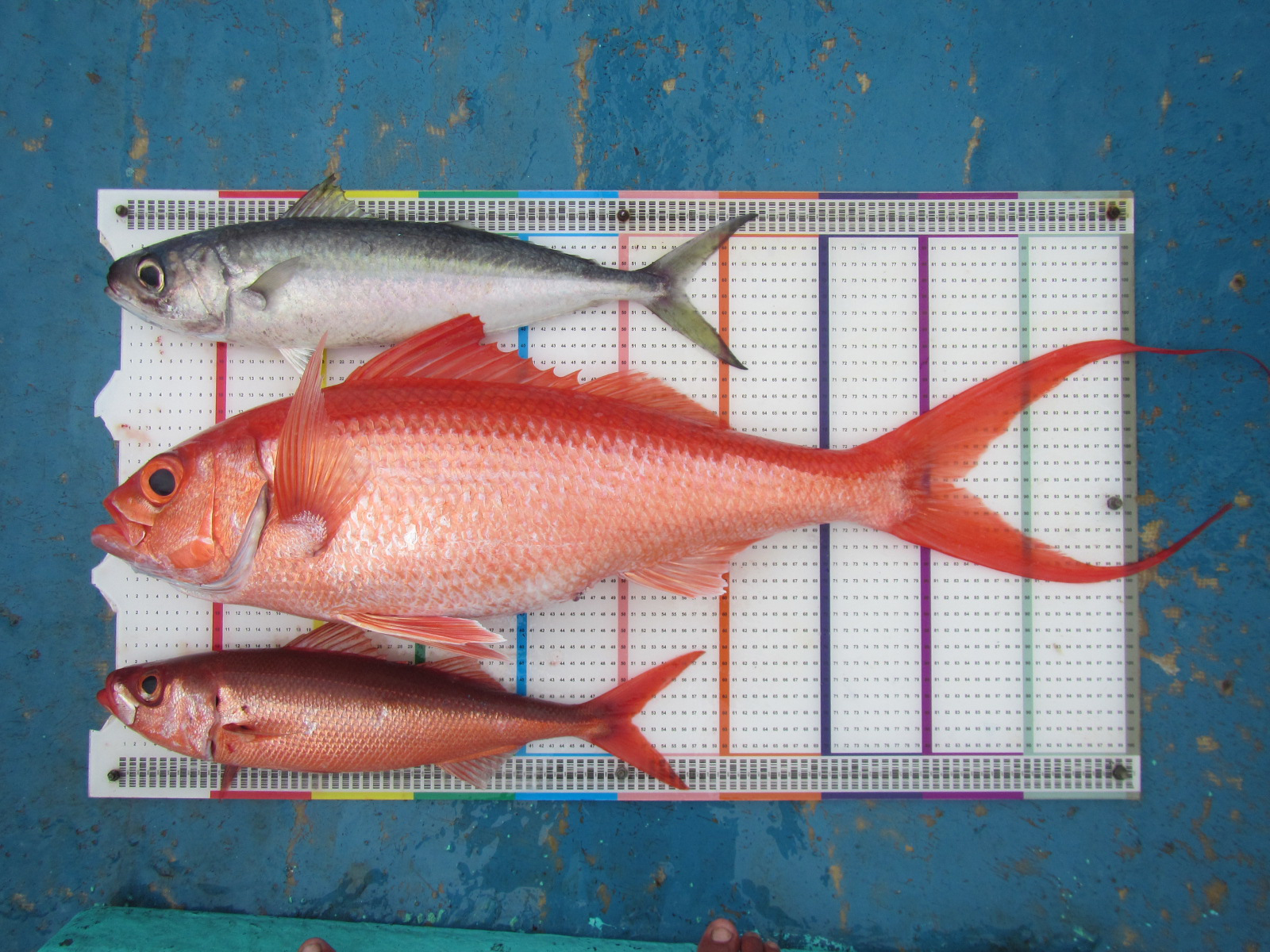
Saving Indonesia’s Snapper/Grouper Fishery
The Supporting Nature and People—Partnership for Enduring Resources (SNAPPER)

SIGAP: Inspiring Community Actions for Change
We are taking a unique approach to forest conservation by using smartphone technology to support community engagement.
